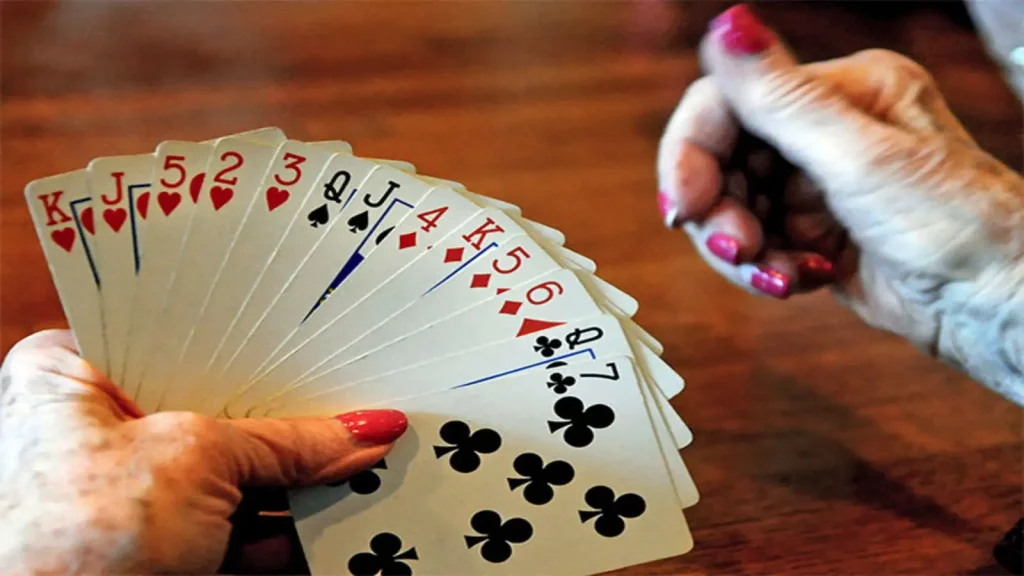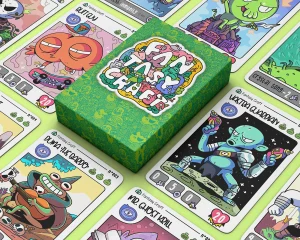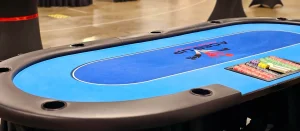The Psychology Behind Successful Rummy Players and Decision-Making
3 min read
Ever wondered why some rummy players seem to win consistently while others struggle? It’s not just luck—it’s psychology. The best players think differently, make calculated moves, and stay cool under pressure. Let’s break down what goes on inside their heads.
The Mindset of a Winning Rummy Player
Successful rummy players share a few key traits. They’re patient, adaptable, and—most importantly—they understand human behavior. Here’s what sets them apart:
- Emotional control: They don’t panic when dealt a bad hand. Instead, they adjust their strategy.
- Pattern recognition: They spot trends in opponents’ discards and picks quickly.
- Risk assessment: They know when to hold ‘em and when to fold ‘em (or in rummy terms, when to drop).
The Role of Memory in Rummy
Memory isn’t just about remembering cards—it’s about recalling probabilities. Top players track discarded cards, predict opponents’ moves, and calculate odds subconsciously. It’s like mental math on steroids.
Decision-Making Under Pressure
Rummy is a game of split-second choices. Do you pick from the open pile or the closed one? Do you discard that high-value card or hold it? Here’s how pros handle the heat:
| Situation | Amateur Move | Pro Move |
| Bad opening hand | Panic, discard randomly | Assess drop points, plan sequences |
| Opponent picks your discard | Assume they’re bluffing | Re-evaluate their potential melds |
| Close to declaring | Rush to finish | Double-check for valid sets/sequences |
The Bluffing Game
Bluffing in rummy isn’t like poker—it’s subtler. A pro might discard a seemingly useless card to mislead opponents about their strategy. It’s all about controlled deception.
Cognitive Biases That Trip Players Up
Even good players fall prey to mental shortcuts. Recognizing these can save you from costly mistakes:
- Confirmation bias: Only noticing discards that fit your assumed strategy.
- Sunk cost fallacy: Holding onto a bad hand because you’ve already invested turns.
- Overconfidence: Declaring too early without cross-checking melds.
The “Hot Hand” Myth
Ever felt like you’re “on a roll”? That’s the illusion of the hot hand—the belief that past wins predict future success. In reality, each hand is independent. Pros know this and reset their mindset every round.
How to Train Your Brain for Rummy
Want to think like a champion? Try these mental exercises:
- Play memory games: Recall sequences of cards or objects daily.
- Review past games: Note where your decisions went right (or wrong).
- Practice patience: Set a 5-second rule before every discard.
The Power of Reflection
After each game, ask yourself: “What did I miss?” Maybe you overlooked an opponent’s tell or misjudged the odds. Reflection turns experience into expertise.
The Social Psychology of Rummy
Rummy isn’t played in a vacuum. Reading opponents—their hesitations, quick discards, or frustrated sighs—can give you an edge. It’s about empathy as much as logic.
That said, don’t rely solely on tells. Online rummy, for instance, strips away physical cues, forcing you to focus purely on patterns.
Final Thoughts: Beyond the Cards
At its core, rummy is a mirror for decision-making in life. The best players aren’t just good with cards—they’re good at adapting, calculating risks, and staying composed. Whether you’re playing for fun or to win, understanding the psychology behind the game changes everything.








